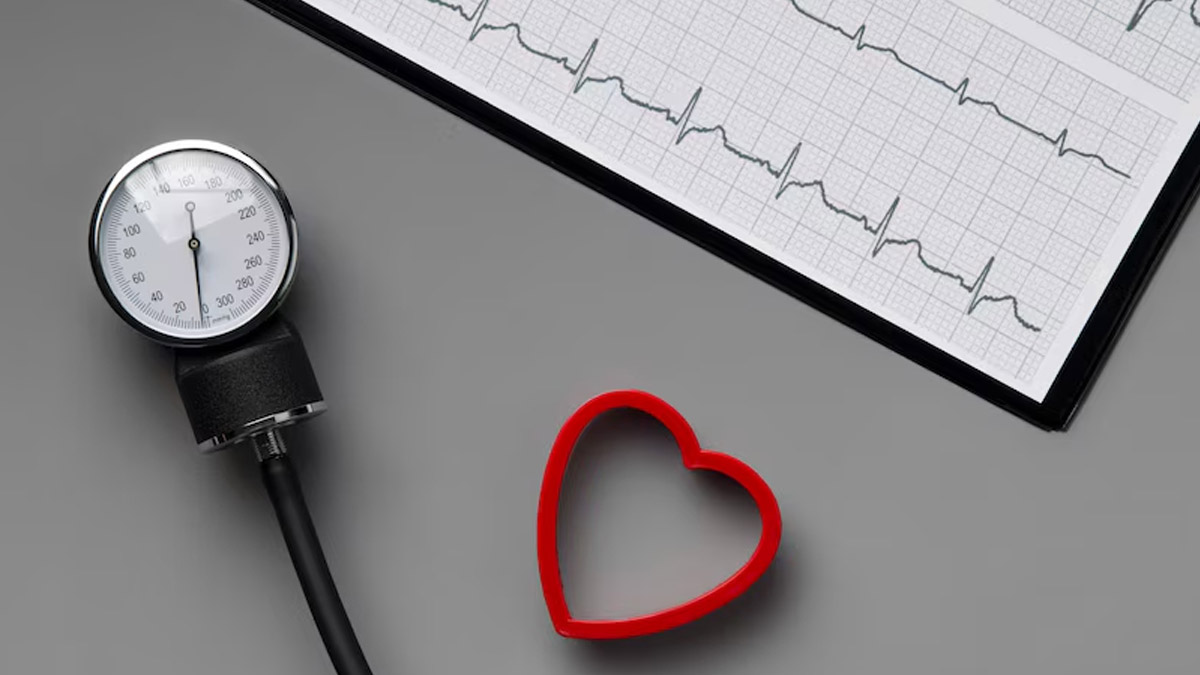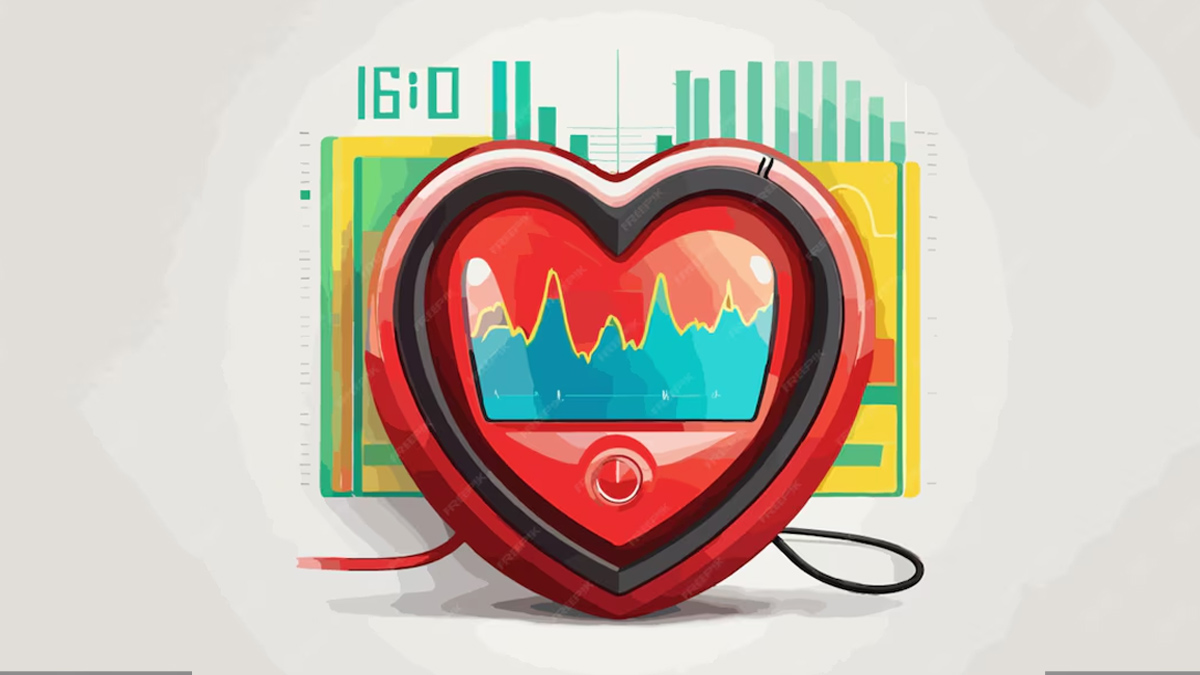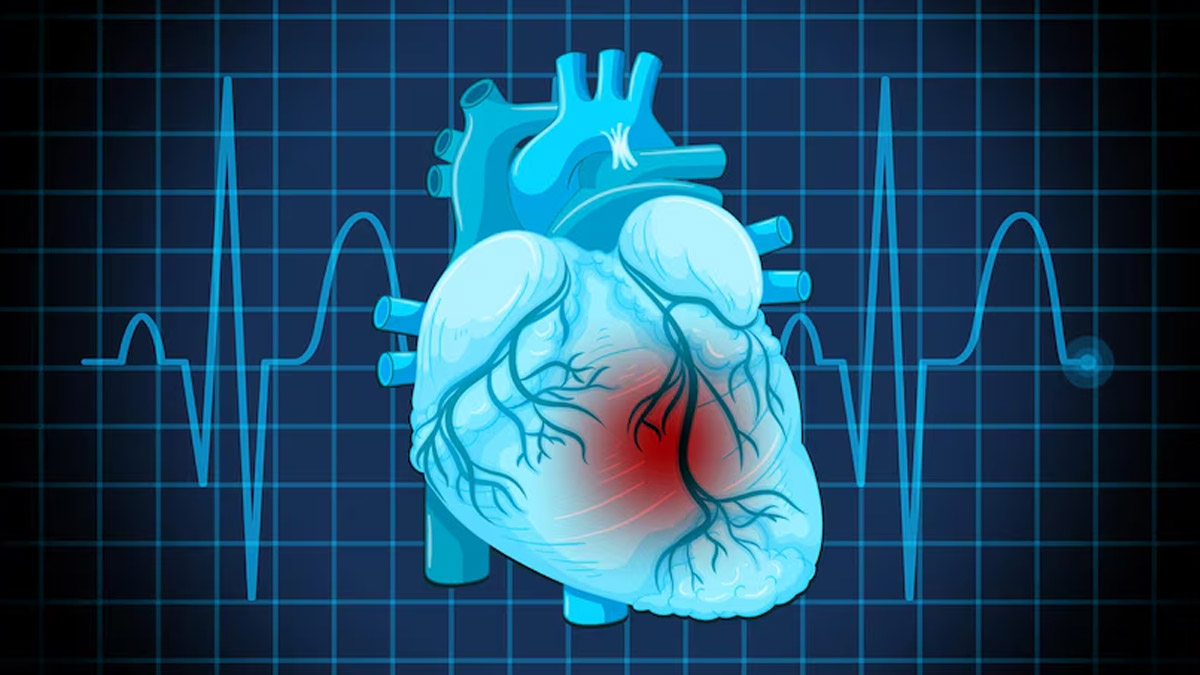
Irregular heart rate, also called heart arrhythmia, is a condition where your heart beats too fast, too slow, or inconsistent. It may feel like a fluttering, racing, or skipping sensation. One can feel a pounding heart after intensive exercise, running, and even walking. Nervousness or anxiousness can also make your heart beat faster. While you are sleeping, your heart might beat slow and this changing speed of your heartbeat can be normal. However, if you feel an irregular heartbeat other than this, it might be arrhythmia. While some heart arrhythmias are harmless, others may be life threatening.
To get a better understanding on why you experience irregular heartbeat, OnlyMyHealth interacted with Dr Vanita Arora, Senior Consultant Cardiac Electrophysiologist and interventional Cardiologist, Indraprastha Apollo, Sarita Vihar, New Delhi.
What Is Arrhythmia?

Explaining arrhythmia, Dr Arora said, “Irregular heart rate, also known as heart arrhythmia, is defined by a pattern of heartbeat which is inconsistent. This occurs when the electrical system of the heart does not work properly causing the heart to sometimes beat too fast or too slow.”
Adding further, Dr Arora said, “However, it is completely okay to sometimes have a fast or slow heartbeat. For example: a person’s heart beats faster while exercising whereas it slows down when your body is at rest. Generally, there are two types of heart arrhythmia: Tachycardia which is a fast heartbeat and bradycardia which is slow heartbeat.”
Tachycardia
Your heart rate is the number of times your heart beats in one minute. Generally, the normal heart rate is 60 to 100 beats per minute. In Tachycardia, your heart might beat more than 100 beats per minute.

Bradycardia
When your heart rate goes below 60 beats per minute, you have a slow heart rate which is called bradycardia. Your resting heart rate while you are sleeping can drop below 60 beats per minute. Bradycardia can make you dizzy, tired, weak, or short of breath, or you may feel no symptoms at all. Severe cases of bradycardia may require a pacemaker.
Also read: Bradycardia: What Is Considered A Slow Heart Rate?
Symptoms Of Arrhythmia
Heart rates can often go unnoticed and are asymptomatic most of the time. But there are a few common symptoms which may be the reason behind heart arrhythmia. Listing down the symptoms, Dr Arora said, “Irregular chest pain, low stamina, palpitations, light-headedness, cardiac arrest, sweating, breathlessness, and anxiety can be some symptoms of arrhythmia.
Furthermore, explaining the causes, she said, “For the unversed, a person suffering a heart attack may experience similar warning signs. There are some common factors which cause the heart to beat irregularly like autonomic imbalance, metabolic disorders, drugs that trigger arrhythmia and even genetic disorders.”
As per research, factors like obesity and genetics also contribute to the development of arrhythmia.

When To Worry?
If you persistently feel that you are having irregular heartbeats, Dr Arora suggested that you should consult a doctor as they can help you determine the cause. “Your doctor may ask you about your usual routine and conduct a test. Moreover, they may use an electrocardiogram (ECG) to check the electrical signals of your heart to see if they are functioning properly or not,” she said.
Talking about its treatment, Dr Arora said, “In some cases, heart arrhythmia is treated through AV nodal blocking drugs, anticoagulant drugs, implantable devices like pacemaker or SICD, surgical procedures and lifestyle modification. Additionally, maintaining a healthy weight, good diet, physical routine and quitting alcohol or tobacco will improve your heart health.”
(Disclaimer: This article is for informational purposes only. We advise you to visit your healthcare provider if you experience any changes in your heart rate.)
Also watch this video
How we keep this article up to date:
We work with experts and keep a close eye on the latest in health and wellness. Whenever there is a new research or helpful information, we update our articles with accurate and useful advice.
Current Version